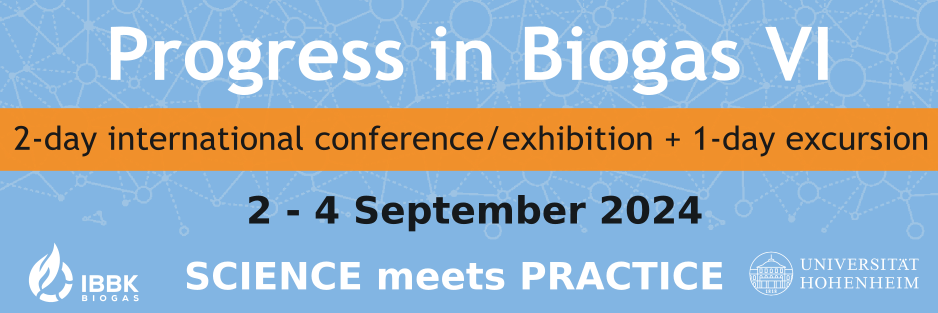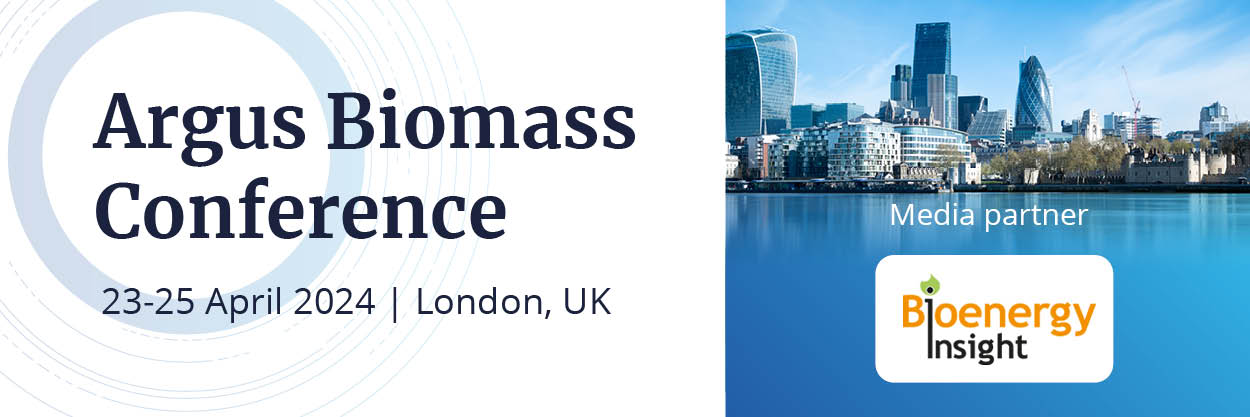Biomass project to test new waste sources in decentralised energy system at the University of Chester
UK-based University of Chester and biomass specialist Arensis will run a new research project to trial a range of new waste feedstocks to feed into a decentralised clean energy power system.
The development aims to discover which waste materials can be redirected from landfill to create electricity and heat for commercial biomass.
A range of feedstocks sources – including rubbish, animal and agricultural matter and commercial wastes – will be trialled at the University’s Thornton Science Park.
The matter will be fed into an Entrade biomass converter housed within a shipping container to study the output of the generated energy. Heat and energy generated by the trial will be used in a clean energy microgrid, to explore the decentralised energy systems of the future.
Arensis, an international provider of off-grid energy generation, aims to demonstrate how commercial operators could use on-site biomass converters to transform waste otherwise bound for landfill to generate clean power and heat for their own operations.
Advantages of using the Entrade units include the speed of set-up, with installation rapid enough for them to be up and running within hours. The units are also easily transported and are scalable, given the units are modular and can combined for greater capacity.
Drax power plant
During the trial, a three-year PhD applicant will have access to an Entrade E3 biomass converter onsite at Thornton. The unit is on loan from Drax power plant where it has been testing wooden pellet feedstocks and can generate 25kW of electricity and 60kW of heat from a range of feedstock sources. The student will also be able to access more than 100 Entrade units that Arensis manages across its two Liverpool operations.
‘Fragmented grid’
The University of Chester’s Faculty of Science and Engineering executive Dean Garfield Southall said: “Renewables are playing an increasing part in the provision of energy, however with that we’re seeing an increasingly fragmented grid with energy use becoming more and more regionalised.
“What we’re aiming to do with this project is twofold: Firstly, to create a decentralised microgrid where we can study how solar, storage and combined heat and power (CHP) can work together to explore what the energy systems of the future will look like. Secondly, we’ll be trialling different sources of waste feedstocks and their efficiencies for the CHP system.
“Electricity generated by the biomass converter will go into the microgrid, while we demonstrate how a heat network can be created to supply users of generated heat nearby.
“We will try to simulate a variety of different loads from a variety of generation and storage technologies with a set of algorithms which can arbitrate and switch between the technologies to study what is most reliable and efficient within the network.”
Julien Uhlig, CEO of Arensis, added: “We’re excited to be lending our equipment and expertise to the project to show how combined heat and power (CHP) from waste biomass can be integral to the provision of decentralised energy.
“Importantly this demonstrates how business operators can use biomass converters onsite to transform their commercial waste, into heat and power – lowering their energy consumption and emissions and saving on waste removal costs.
“A hotel operator, for example, could use an onsite biomass converter to turn their commercial waste – compost and rubbish otherwise bound for landfill – into electricity to reduce their power bills and into heat to warm their premises.”
Arensis provides off-grid, sustainable, carbon-neutral energy generation to international customers using market-leading biomass energy generators from German manufacturer and sister company, Entrade. With 185 power systems in operation across the country, Arensis currently delivers 85 percent of all small-scale biomass generation in the UK.
Arensis also operates a sizeable biomass research institute at the Knowlsey Industrial Park near Liverpool. The company recently installed 32 Entrade biomass conversion units at two UK sites of frozen food company Greenyard, which will save an estimated 10,000 tonnes of carbon dioxide emissions per year.
























